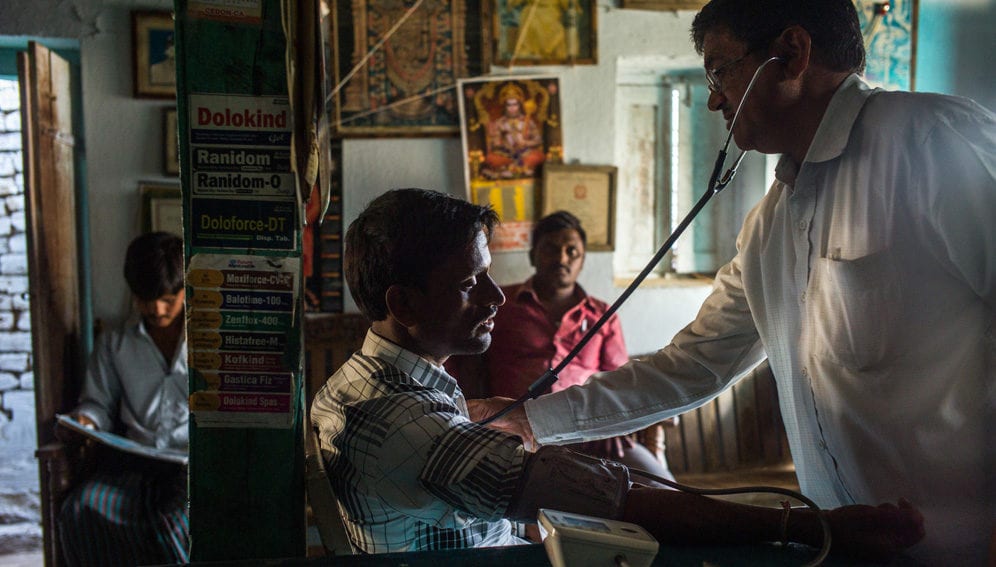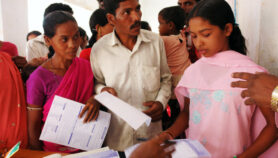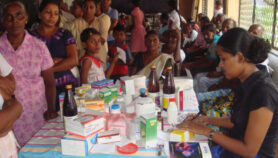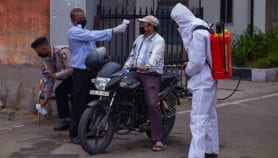By: Sanjeet Bagcchi
Send to a friend
The details you provide on this page will not be used to send unsolicited email, and will not be sold to a 3rd party. See privacy policy.
[NEW DELHI] The announcement by Indian Prime Minister Narendra Modi that his government will invest US$100 billion in health services by 2025 and increase public health expenditure from about one per cent of GDP currently to 2.5 per cent of GDP has drawn praise as well as scepticism.
India’s public health expenditure, expressed as a percentage of GDP, is low compared with that of other Asian countries like neighbouring Bhutan (2.5 per cent) and Thailand (2.9 per cent). Developed countries such as the UK record 7.7 per cent, while the US has 8.5 per cent.
“We are committed to increasing India’s health spending to 2.5 per cent of GDP by 2025, reaching to more than US$100 billion.”
Indian Prime Minister Narendra Modi
“We are committed to increasing India’s health spending to 2.5 per cent of GDP by 2025, reaching to more than US$100 billion. This will mean an actual increase of 345 per cent over the current share, in just eight years,” Modi said on 12 December while addressing the 2018 Partners’ Forum organised by the Partnership of Maternal, Newborn & Child Health (PMNCH), a global alliance.
Modi’s announcement is in line with India’s National Health Policy 2017, which proposed that India’s public health expenditure be raised to 2.5 per cent of GDP by 2025. In August, a government statement suggested that the country’s public health expenditure had already increased to 1.4 per cent of GDP in 2017-18.
Leading public health experts responded with mixed reactions.
“This is the first time a government has shown so much interest in healthcare,” Samiran Nundy, consultant for gastrointestinal surgery and liver transplantation at the Sir Ganga Ram Hospital, New Delhi, tells SciDev.Net: “It’s an enormously important commitment and a great start towards promoting accessible and affordable healthcare in India.”
Nundy said the plan would work provided the funds are allocated towards improving rural and urban primary healthcare and public hospitals. “Obviously there is an eye towards the general election in 2019 but I prefer to view it as a humanitarian initiative.”
Ghosh said the plan called for an overhaul of the entire ecosystem of maternal and child health, adding that “the background for this pledge is purely political”.
The Partners’ Forum convened 1,631 participants from 429 organisations and attracted 27 ministerial delegations from around the world.
This piece was produced by SciDev.Net’s Asia & Pacific desk.














